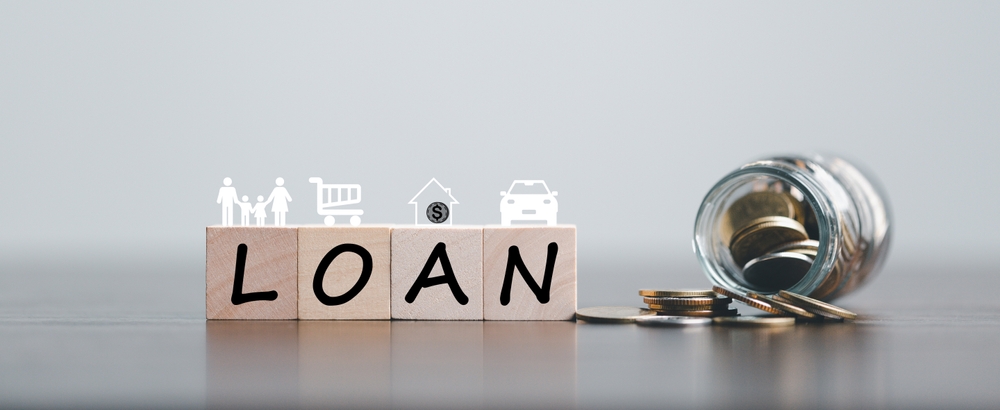Credit Repair 101: How & When to Dispute Errors on Your Credit Report
An accurate credit report is non-negotiable for securing favorable loans and financial products.
Overview
An accurate credit report is non-negotiable for securing favorable loans and financial products. Errors from misread handwriting, lender mix-ups, or identity theft can easily drop your score, impacting your borrowing chances.
It is indispensable to check your free credit report periodically, not just when you need a loan. If you find an inaccuracy, the good news is that disputing it is a free, structured process.
When Should I Dispute an Error?
You should dispute any information on your credit report that is inaccurate, incomplete, or not up-to-date. Common examples include:
- Wrong Balances or Limits: Incorrect outstanding balances or credit limits
- Identity Errors: Wrong name, address, or accounts that don’t belong to you.
- Incorrect Status: Accounts you closed are still marked as “Open,” or accurate payments that are marked as “Delinquent.”
Disputing your Credit Report in case of these events can be a lifesaver. Here is a step-by-step precise guide to ensure your claim is taken seriously and resolved effectively.
Step 1: Download and Verify Your Report
You are legally entitled to one free credit report each year. Download your detailed Credit Information Report from any of the credit bureaus (like CRIF High Mark) and Verify all entries against your records.
Step 2: Inform the Credit Bureau
Once you are certain of a discrepancy, you must inform your credit bureau . This should be done via their online portals and in writing. Your dispute must:
- Clearly list each disputed item.
- State the facts and explain why the information is wrong.
- Be supported by copies of documents verifying your claim.
Pro Tip: Always request a read receipt for any letters sent via postal mail.
Step 3: Contact the Lenders
To resolve the error at the source, it is highly recommended to also contact the bank or credit card issuer that supplied the incorrect information. If the mistake is clearly the fault of the lender, asking them to correct the data can expedite the process. However, if the error is purely identity-related and made by the bureau, you should approach the bureau.
Step 4: Count 30 Days for Investigation
Credit information companies are legally required to investigate your claim, a process that takes at least 30 days. During this time, the disputed item may be temporarily removed from your report. Upon investigation completion, the bureau is required to provide you with a free copy of your credit report if any changes were made. You are also entitled to request the bureau to add a statement summarizing the dispute to your report for future lenders to see.
Step 5: Check Your Credit Report for Updates
Updates may take time to appear, depending on the bureau’s cycle and when the lender submits corrected data. If the update hasn’t appeared within several months, you must follow up with both the credit bureau and the lender to ensure your account information is being reported correctly.
 Conclusion
Conclusion
Your vigilance is your ultimate protection. Taking action is the final, crucial step in securing your financial health. Master these five steps, and you guarantee your credit history is a true asset, not a hidden liability.



